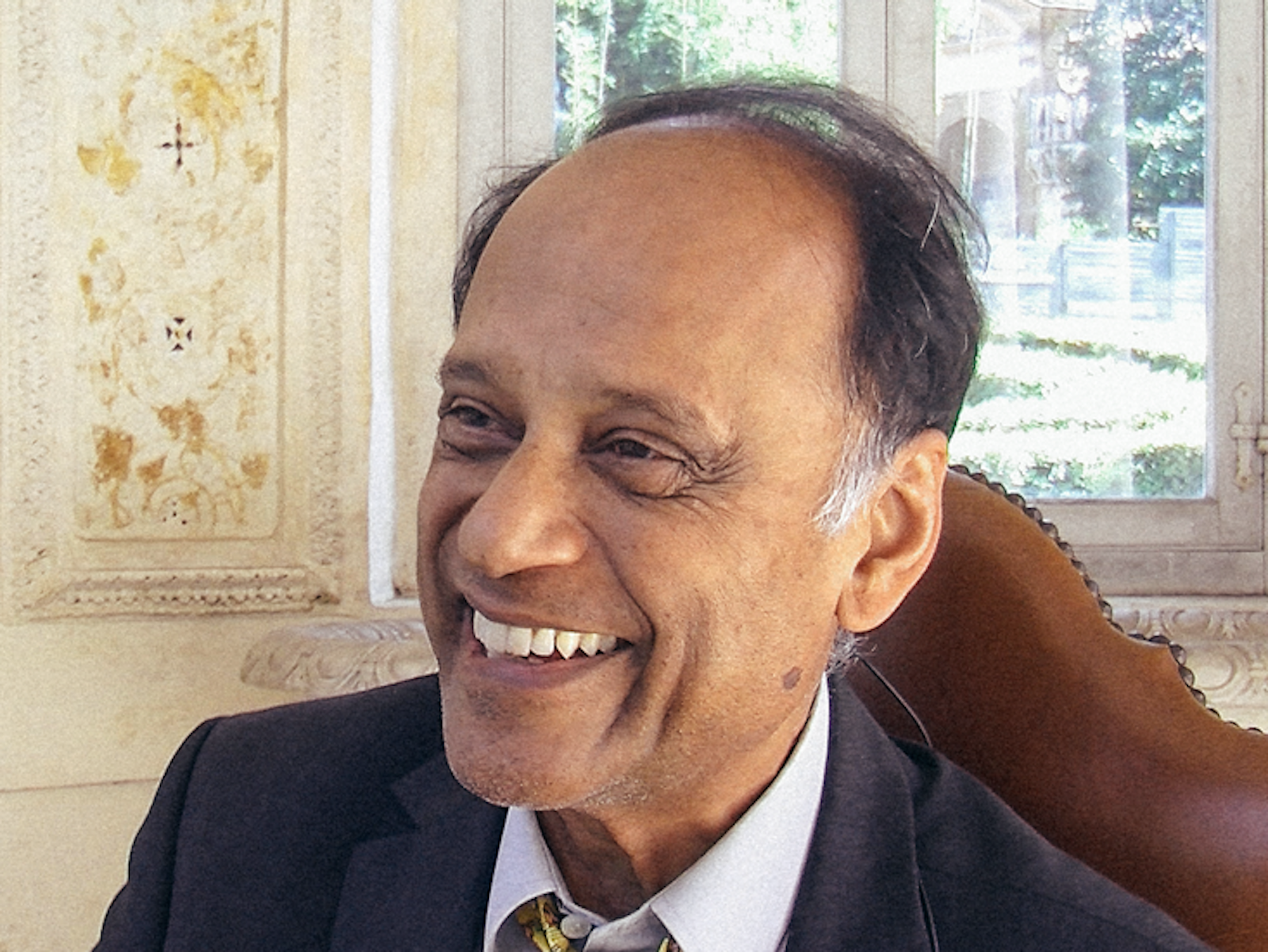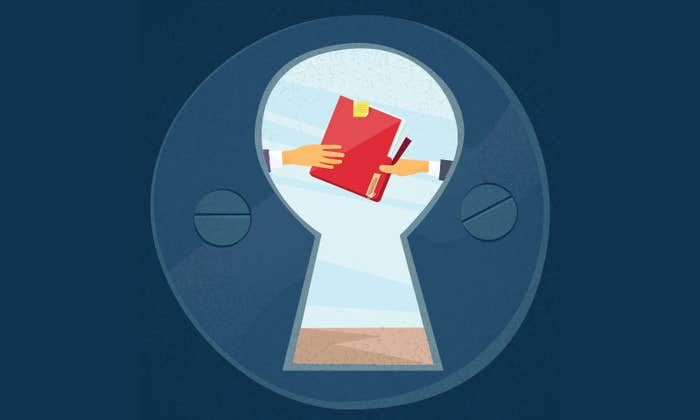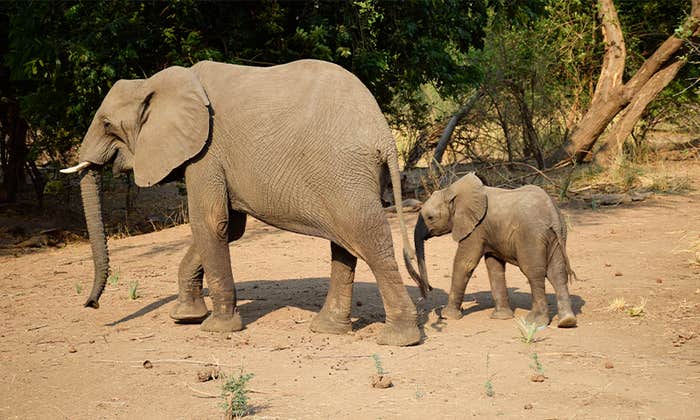Wealth itself is observable and objective, a measure a value. And something has value if it is desired. But isn’t desire inescapably subjective? If it is, how can economics determine wealth?
Almost 250 years after Adam Smith’s The Wealth of Nations, the answer to this question remains unclear. “These are still early days in the measurement of the wealth of nations,” says Cambridge economist Sir Partha Dasgupta. But he thinks that we now have the tools, both theoretical and empirical, to begin to understand how wealth grows and declines. For one thing, it will involve pricing and depreciating nature itself—something that Gross Domestic Product (GDP) doesn’t do.
Dasgupta sat down with Nautilus to talk us through the ideal economic metric.
Is GDP likely to last as a measure of a nation’s economic health?
It’s a non-starter as an indicator of what the future may hold. It was originally designed to give an idea of the level of economic activity. But then it began to be used for a very different purpose. In the 1930s something like 20 to 25 percent of the workforce was out of work in the United States and the United Kingdom; a great number of factories lay unused. So an indicator was needed to describe the extent of economic activity. Somehow, after WWII, when developing countries were concerned with improving the lives of people, GDP became an indicator of economic progress. It shouldn’t have been, because of what it measures: the market value of final output. It does not deduct the depreciation of assets that may accompany the production of goods and services, and it doesn’t deduct the depreciation of nature, mines, destruction of ecosystems, and so forth.
What is the ideal metric in economics?
Ultimately we social scientists should be concerned with human well-being. That sounds very metaphysical—perhaps repugnant to the hard-nosed policy maker. But at the end of the day that’s what it’s all about. But because that’s an impossible thing, to measure well-being, the question is whether you can find some metric which more or less approximates it. Two things can move in the same way, even though they are not the same thing. The metric that can be proven to mimic movements of human well-being is the measure of wealth, defined as the value of all the assets an economy has inherited from the past. This includes not just buildings, machinery, roads, and equipment, the stuff that we typically think of as being capital goods, but also our health and education, which now economists all agree consist of assets, which we call human capital. But a third category of assets is natural capital—nature—which comes in abundance and in various forms and sizes.
Can wealth go down even if GDP goes up?
Yes. To take a simple example, suppose you convert a huge swathe of wetlands and construct shopping malls. Now, in national accounting, from which you can estimate GDP, the shopping mall will be an investment. But the fact that you have lost the wetlands, which is public property, will not be seen as a depreciation of assets. There’s a huge amount of services that a wetland provides, but that loss will not be counted against the project.
What information are we missing in trying to build the ideal metric?
Suppose the forest recedes from a village center because there’s over-extraction. Then to heat your home, to cook food, you have to walk a longer distance to collect firewood. You could estimate the time cost and the energy cost of walking, say, two or three kilometers, to pull back a few kilograms of firewood. You could try to start valuing things that way. But never mind valuation. Governments don’t even estimate what’s out there in terms of stocks; we have very few estimates of stocks of fisheries, for example. National accounts are disgraceful because governments aren’t encouraged to actually have an inventory of what people have at their disposal. Forests, wetlands, mangroves—they are churning out services which you’re using either in extractive form or just using as invisible inputs into production. We can estimate forest cover with satellite imaging, but it’s not going to tell you very much about the composition of the forest, the species that inhabit it and their valuable activity. It’s not in the national accounts, not even in the most crude, approximate form.
What will the next 50 years look like?
We’ll survive, but I’m pretty pessimistic. We are attacking nature, and she’s biting back. The richest parts of the world will find ways to survive, but I hate to think what’s going to happen in the drier parts of the world—sub-Saharan Africa, Northern India. My climate science friends tell me that even if you were to have zero emissions now, the cumulative effect of the past will come to terrorize us in the future. These processes have very long-term irreversibilities. We’re going to see deep poverty in various parts of the world, even as we move in whatever direction we have to move, because we’ve set in motion processes that are amazingly tenacious, some of them being our own habits. The idea that we are in a universal movement towards progress is very optimistic and rightly so. But we’ve been using the wrong metric.
Brian Gallagher is an editorial intern at Nautilus.


























